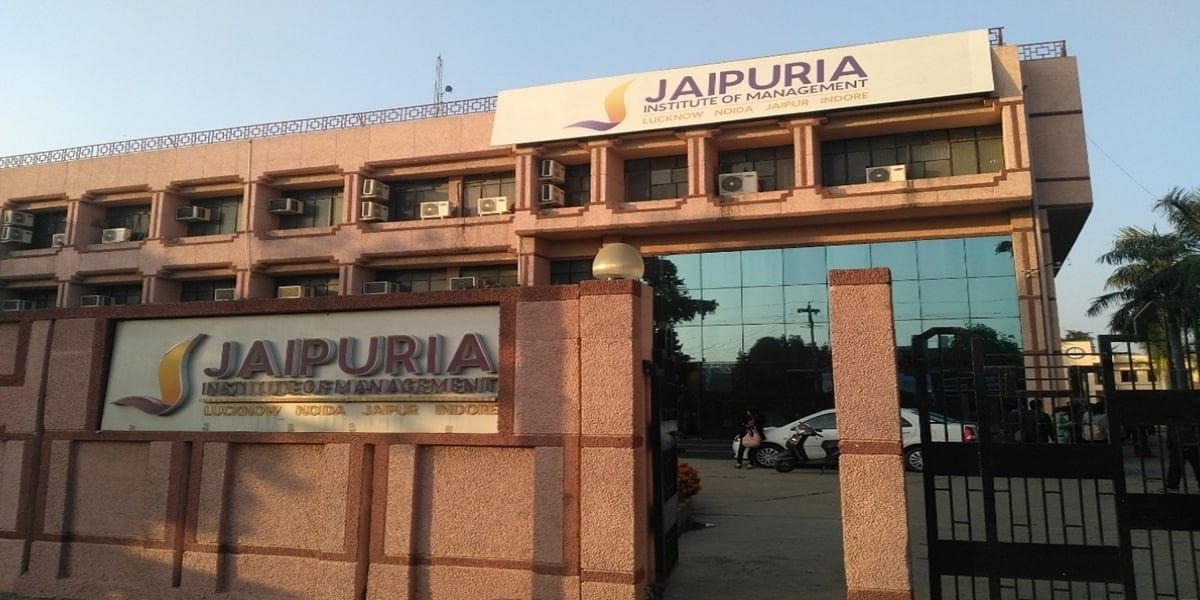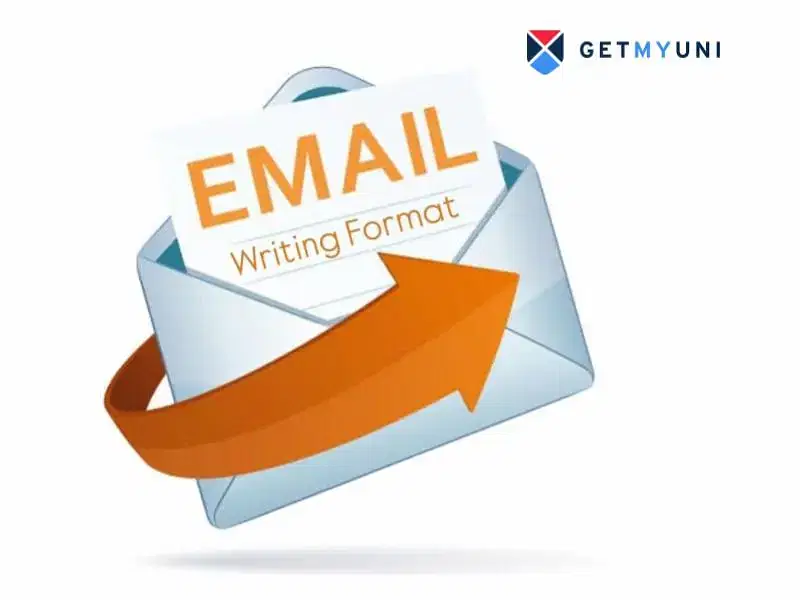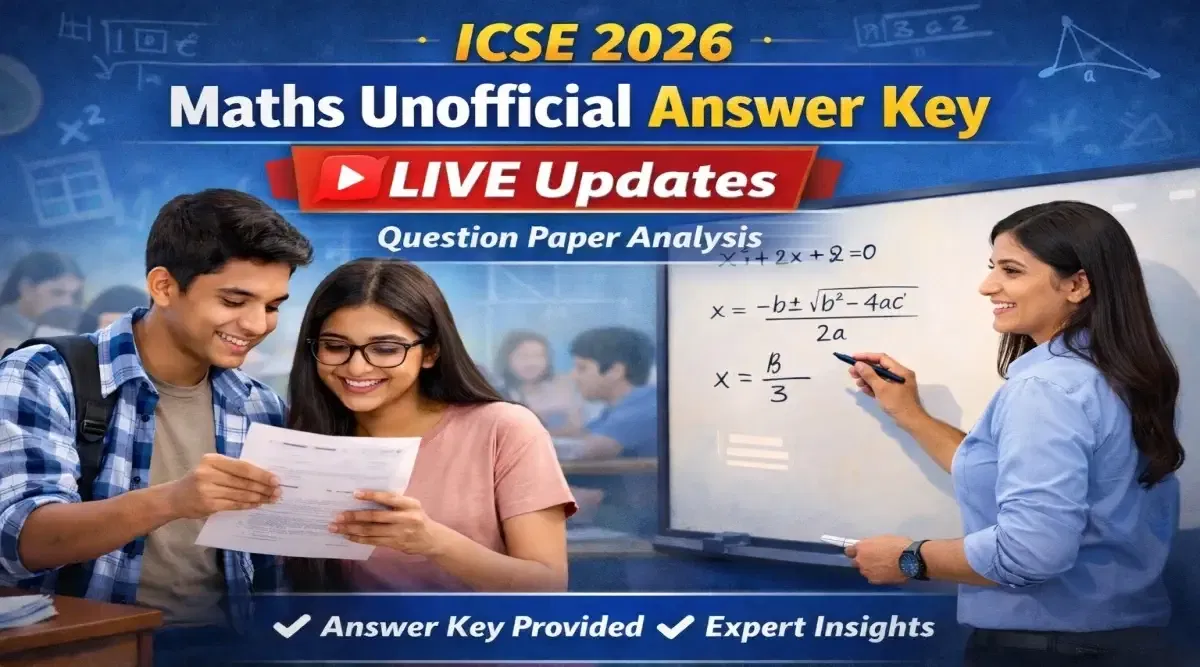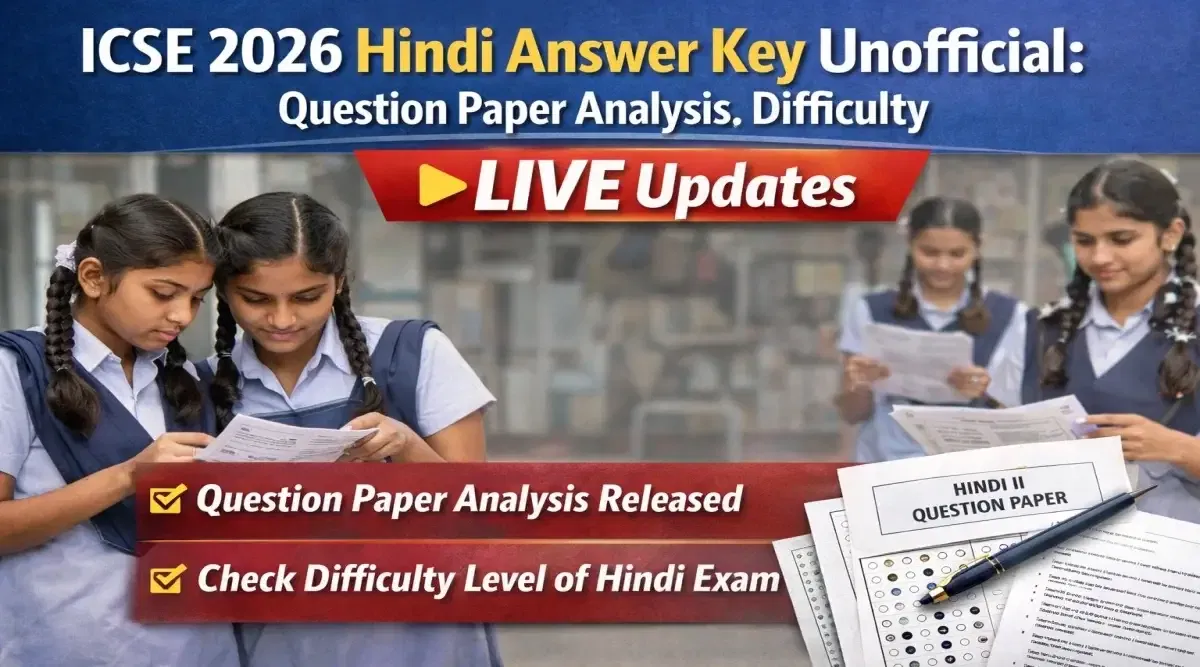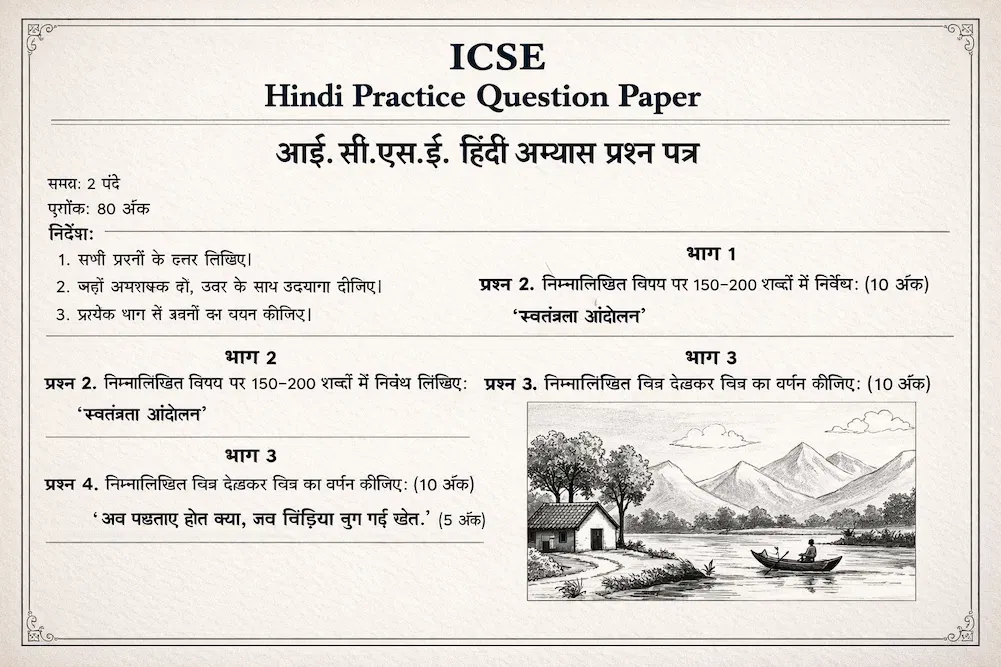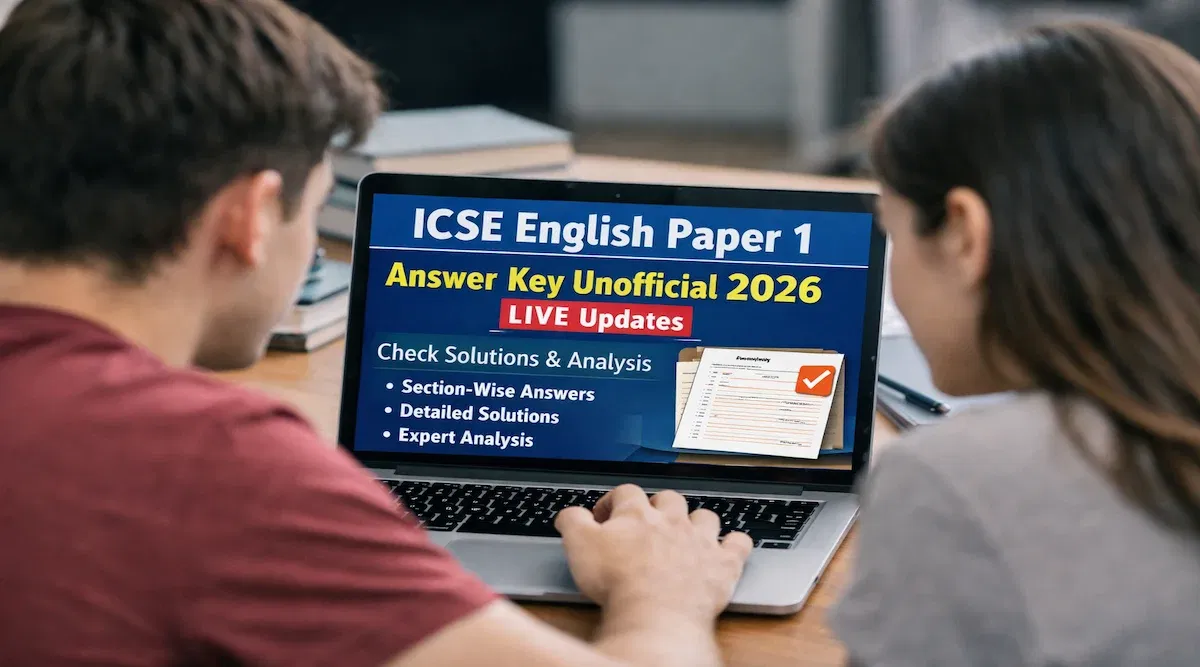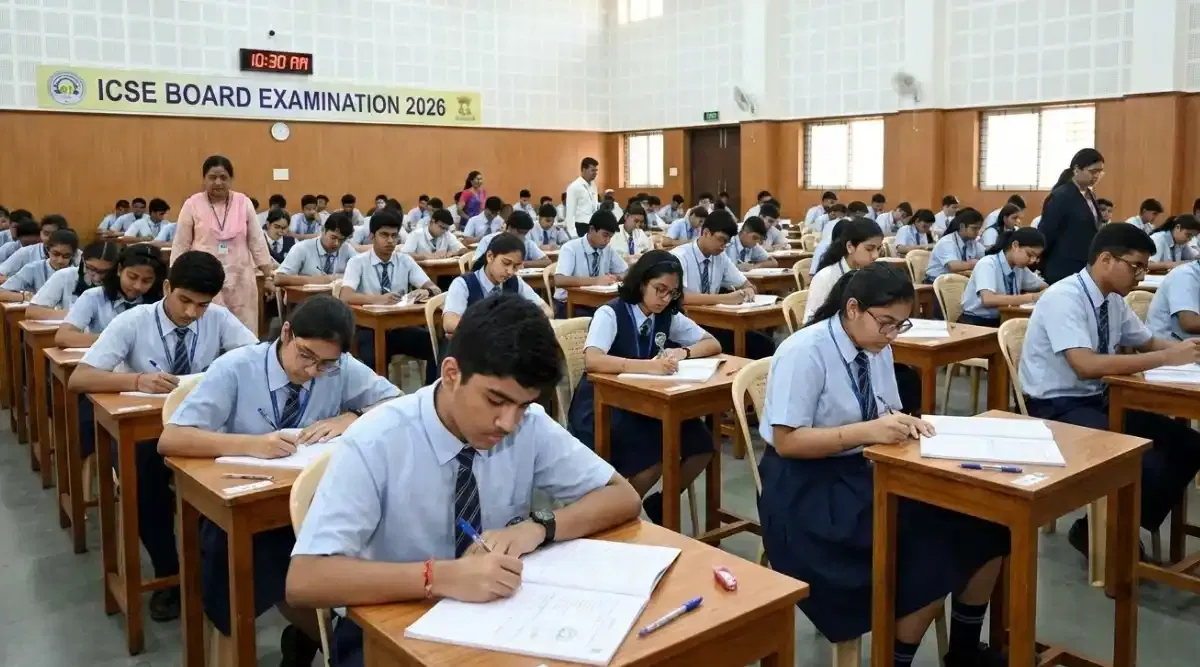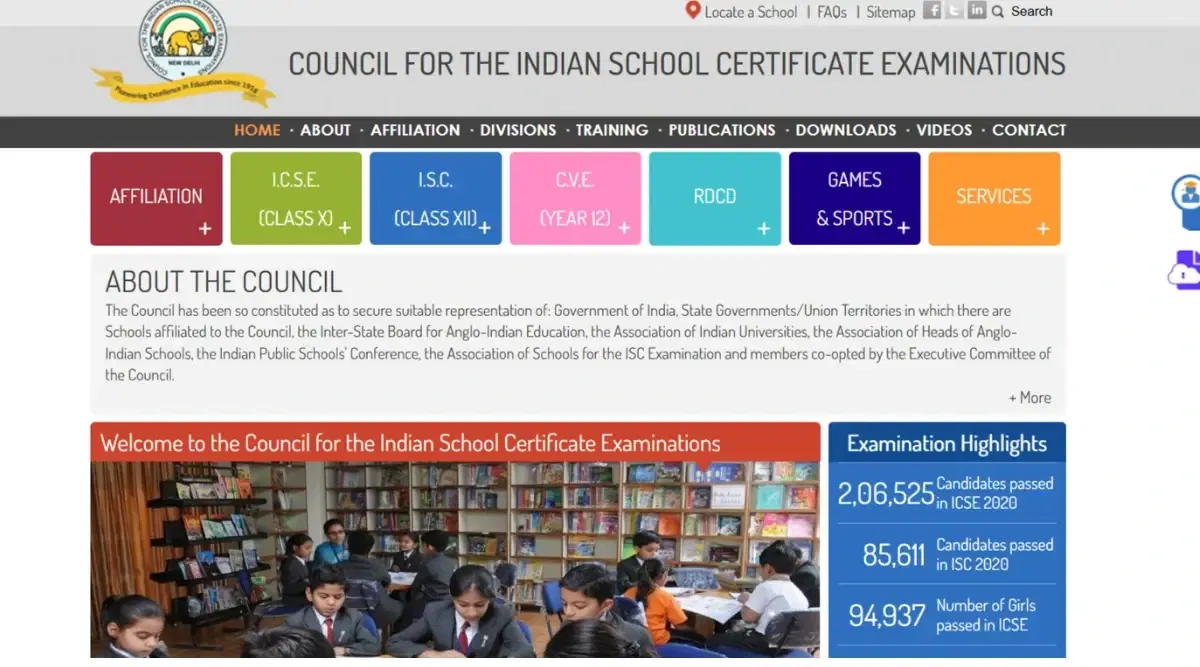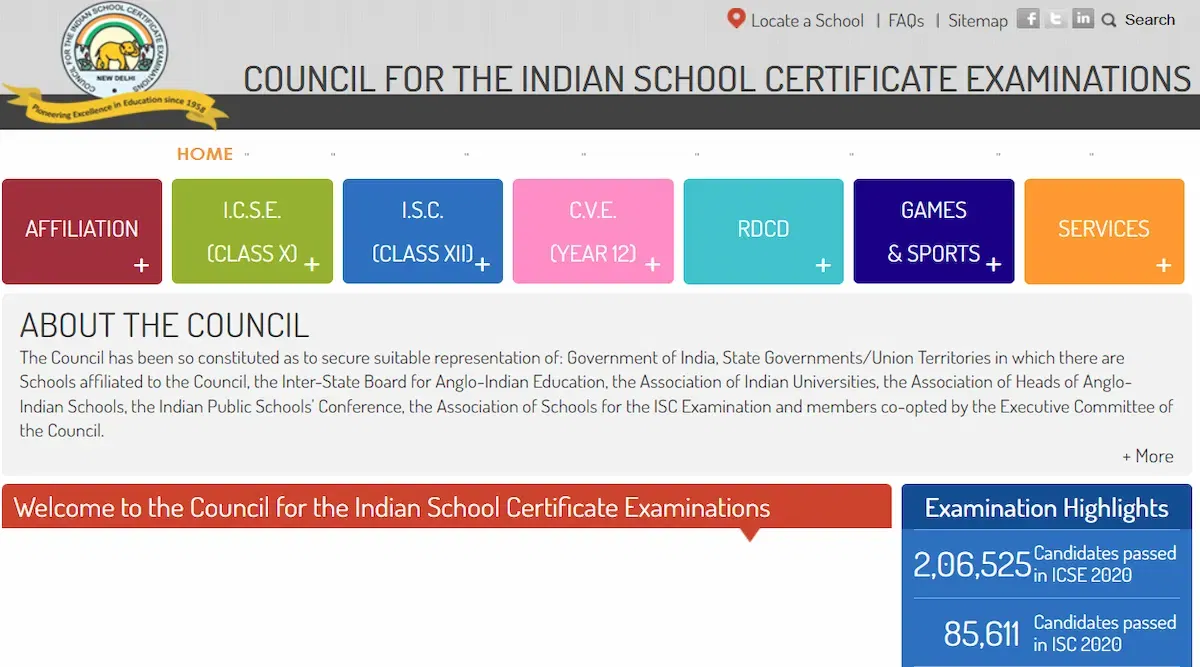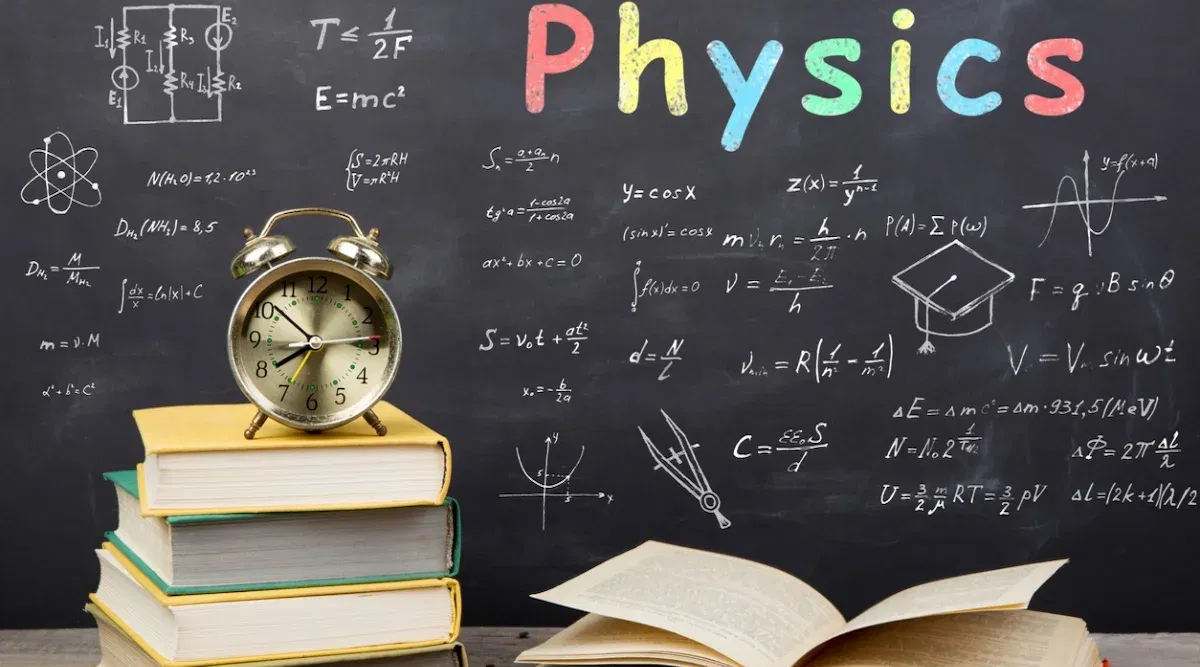ICSE Class 10 Computer Science Latest Syllabus 2025-26: Download Latest and Revised ICSE Class 10th Computer Science Syllabus PDF
Table of Contents
- ICSE Class 10 Computer Applications Syllabus: PDF Download
- Steps to Download the ICSE Class 10 Computer Applications Syllabus 2025-26
- ICSE Class 2025-26 10 Computer Applications Syllabus: Chapter-wise Topics
- ICSE Class 10 Computer Applications Syllabus 2025-26: Internal Assessment
- ICSE Class 10 Computer Applications Syllabus 2025: Evaluation Criteria
The Council for the Indian School Certificate Examinations (CISCE) conducts the ICSE class 10 exams. The ICSE Class 10 Computer Applications syllabus 2025-26 can be accessed online from the official website.
Students can get a detailed syllabus overview and be aware of the ICSE exams' marking scheme and vital topics, which will aid them in formulating their study plan.
ICSE Class 10 Computer Applications Syllabus: PDF Download
The ICSE class 10 Computer Applications syllabus 2025 can be accessed online at the official website of the CISCE board. The candidates can be aware of the vital topics and start their preparation accordingly.
Students can refer to the PDF link for the computer application syllabus below.
| Particular | Link |
| ICSE Class 10 Computer Applications Syllabus 2025 | PDF Link |
Steps to Download the ICSE Class 10 Computer Applications Syllabus 2025-26
The candidates can download the ICSE class 10 computer applications syllabus 2025 from the official website of CISCE. The steps to download are given below.
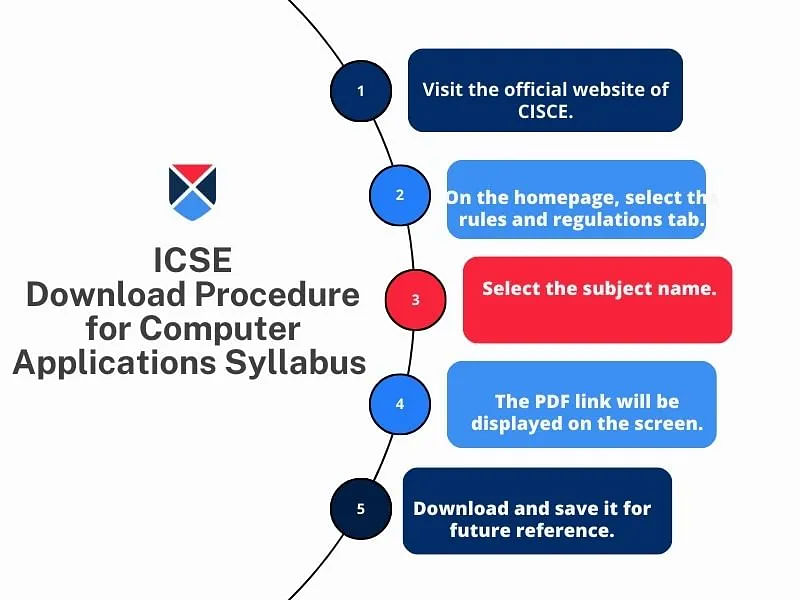
The steps to download the computer applications syllabus for class 10 are below.
- Step 1: Visit the official website of CISCE, cisce.org.
- Step 2: Click on the ‘rules and regulations’ tab.
- Step 3: Select Computer Applications from the list of subjects.
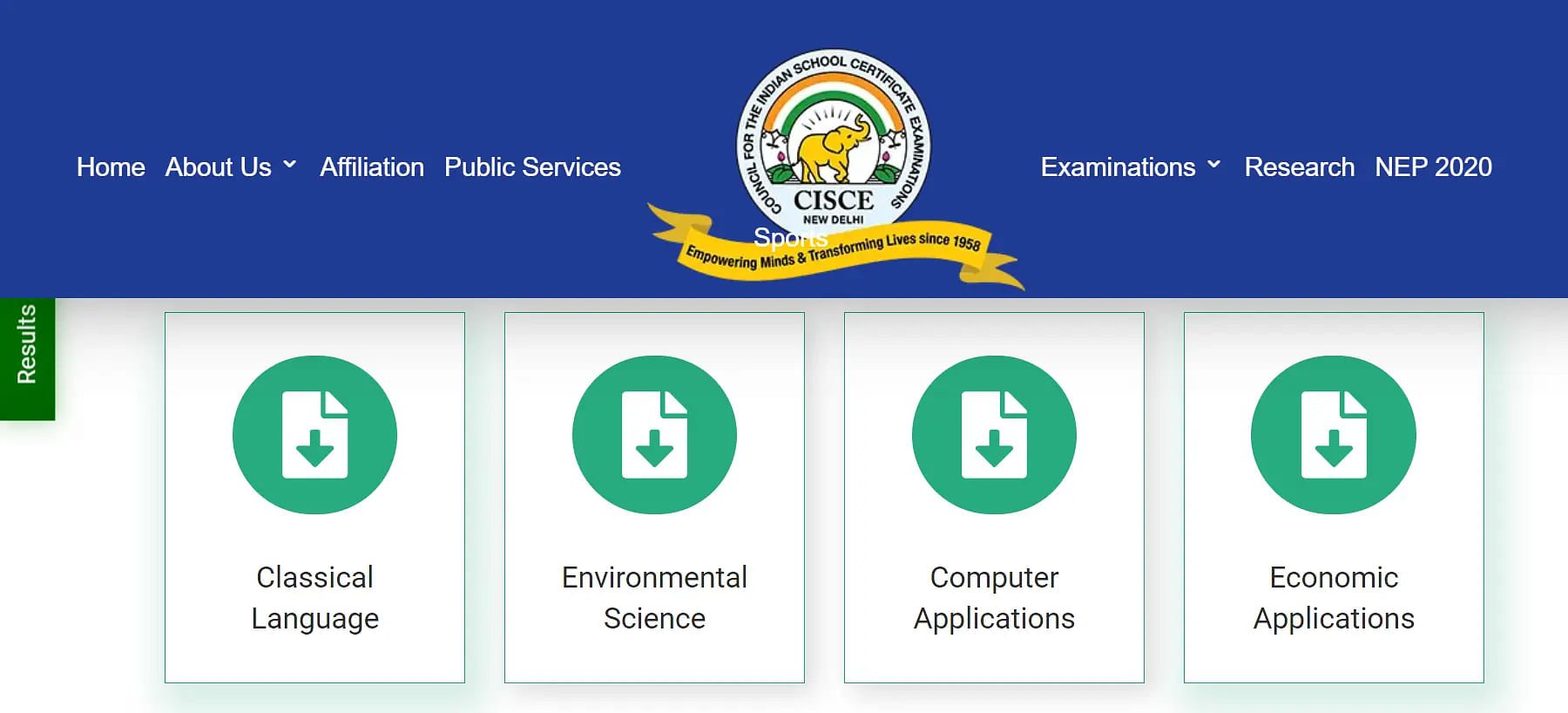
- Step 4: The ICSE computer syllabus for class 10 will be displayed on the screen.
- Step 5: Students must download the PDF and refer to it while preparing for the exams.
Also Check for All Subjects: ICSE Syllabus for Class 10 2023-24
ICSE Class 2025-26 10 Computer Applications Syllabus: Chapter-wise Topics
The ICSE class 10 computer applications syllabus contains detailed concepts of object-oriented programming, user-defined functions, encapsulation, constructors, and many more. Students will gain an understanding of the topics covered in the board exam.
Provided below are the chapter-wise topics for students' reference.
- Revision of Class IX Syllabus
- Introduction to Object-Oriented Programming Concepts
- Elementary Concept of Objects and Classes
- Values and Data Types
- Operators in Java
- Input in Java
- Mathematical Library Methods
- Conditional constructs in Java
- Iterative constructs in Java
- Nested for loops
- Class as the Basis of all Computation
- Objects encapsulate state and behaviour: numerous examples, member variables, attributes or features.
- Variables define state: member functions, Operations/methods/messages/functions define behaviour.
- Classes as abstractions for sets of objects: class as an object factory, concept of type, primitive data types, composite data types.
- Variable declarations for both types: the difference between the two types.
- Objects as instances of a class.
Note: Consider real-life examples for explaining the concept of class and object.
- User-defined Methods
- Need of methods, syntax of methods, forms of methods, method definition, method calling, method overloading, and declaration of methods.
- Ways to define a method and ways to invoke the methods: call by value [with programs] and call by reference [only definition with an example]
- Object creation - invoking the methods concerning the use of multiple methods with different names to implement modular programming, using data members and member methods
- Actual parameters and formal parameters
- Declaration of methods - static and non-static, method prototype/signature
- Pure and impure methods, - pass by value [with programs] and pass by reference [only definition with an example]
- Returning values from the methods: use of multiple methods and more than one method with the same name (polymorphism - method overloading).
- Constructors
- Definition of Constructor
- Characteristics, types of constructors, use of constructors, and constructor overloading.
- Default constructor, parameterised constructor, and constructor overloading.
- Difference between a constructor and a method.
- Library classes
- Introduction to wrapper classes: methods, usage concerning numeric and character data types.
- Autoboxing and Unboxing in wrapper classes.
- Class as a composite type: distinction between primitive data type and composite data type or class types.
The following methods are to be covered in the Computer Applications syllabus 2025.
- int parseInt(String s), long parseLong(String s),
- float parseFloat(String s),
- double parseDouble(String s),
- boolean isDigit(char ch),
- boolean isLetter(char ch), boolean isLetterOrDigit(char ch),
- boolean isLowerCase(char ch),
- boolean isUpperCase(char ch),
- boolean isWhitespace(char ch),
- char toLowerCase (char ch)
- char toUpperCase(char ch)
- Encapsulation
- Access specifiers and their scope and visibility.
- Access specifiers - private, protected and public.
- Visibility rules for private, protected and public access specifiers.
- Scope of variables, class variables, instance variables, argument variables, local variables
- Arrays
- Definition and types of arrays, declaration, initialisation and accepting data of single and double-dimensional arrays, accessing the elements of single-dimensional and double-dimensional arrays.
- Arrays and their uses
- Sorting techniques - selection sort and bubble sort
- Search techniques - linear search and binary search
- Array as a composite type, length statement to find the size of the array (sorting and searching techniques using single single-dimensional array only).
- Declaration, initialisation, accepting data in a double-dimensional array, sum of the elements in row, column and diagonal elements [right and left], display the elements of a two-dimensional array in a matrix format.
- String handling
- String class, methods of String class, implementation of String class methods, String array
The following String class methods are to be covered:
- String trim ()
- String toLowerCase()
- String toUpperCase()
- int length( )
- char charAt (int n)
- int indexOf(char ch)
- int lastIndexOf(char ch)
- String concat(String str
- boolean equals (String str)
- boolean equalsIgnoreCase(String str)
- int compareTo(String str)
- int compareToIgnoreCase(String str)
- String replace (char oldChar,char newChar)
- String substring (int beginIndex)
- String substring (int beginIndex, int endIndex)
- boolean startsWith(String str)
- boolean endsWith(String str)
- String valueOf(all types)
ICSE Class 10 Computer Applications Syllabus 2025-26: Internal Assessment
The ICSE Computer Applications syllabus for class 10 outlines the vital topics examined in the board exams. The computer application syllabus consists of 8 units carrying 100 marks.
- The ICSE computer syllabus for class 10 enables the students to elevate their programming skills and helps them prepare better for the exams.
- As per the syllabus, candidates are required to complete 20 lab assignments.
- The mark allocation of the assignment is based on documentation and coding, class design, variable description, and output.
- The ICSE computer applications syllabus 2025 consists of 8 units, each worth 100 marks.
ICSE Class 10 Computer Applications Syllabus 2025: Evaluation Criteria
The ICSE computer syllabus for class 10 contains 50% theory and the remaining 50% for the internal assessment. Given below are the evaluation criteria for the ICSE 2025 computer application exams.
| Criteria | Class Design (10 marks) | Variable Description (10 marks) | Coding and Documentation(10 marks) | Output Marks (20 marks) |
| Excellent | 10 | 10 | 10 | 20 |
| Good | 8 | 8 | 8 | 16 |
| Fair | 6 | 6 | 6 | 12 |
| Poor | 4 | 4 | 4 | 8 |
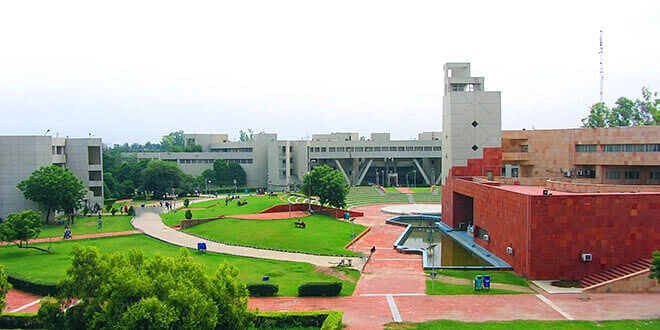



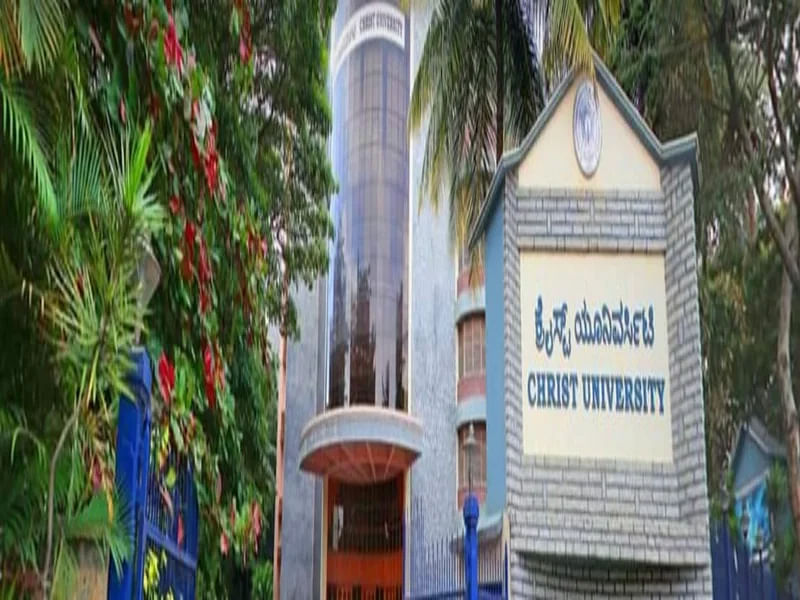

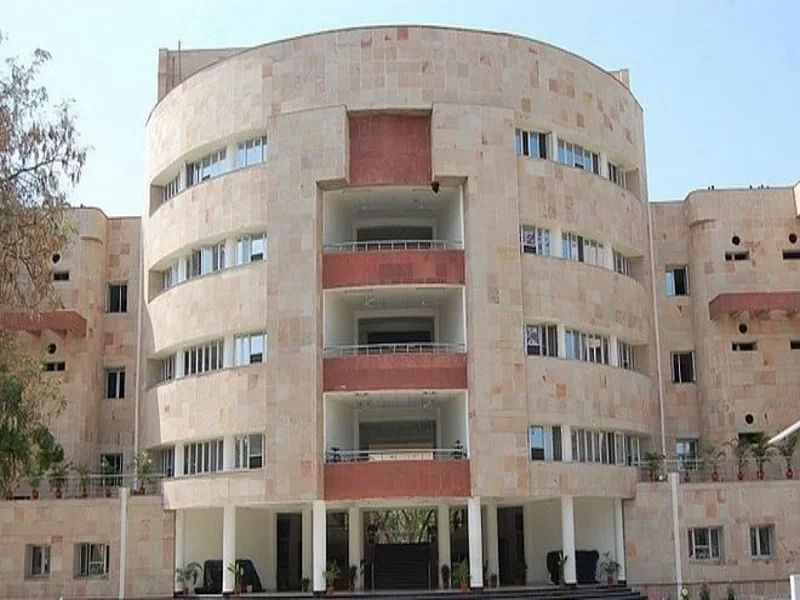
![Motilal Nehru National Institute of Technology, [MNNIT] Allahabad](https://media.getmyuni.com/azure/college-image/small/motilal-nehru-national-institute-of-technology-mnnit-allahabad.webp)
